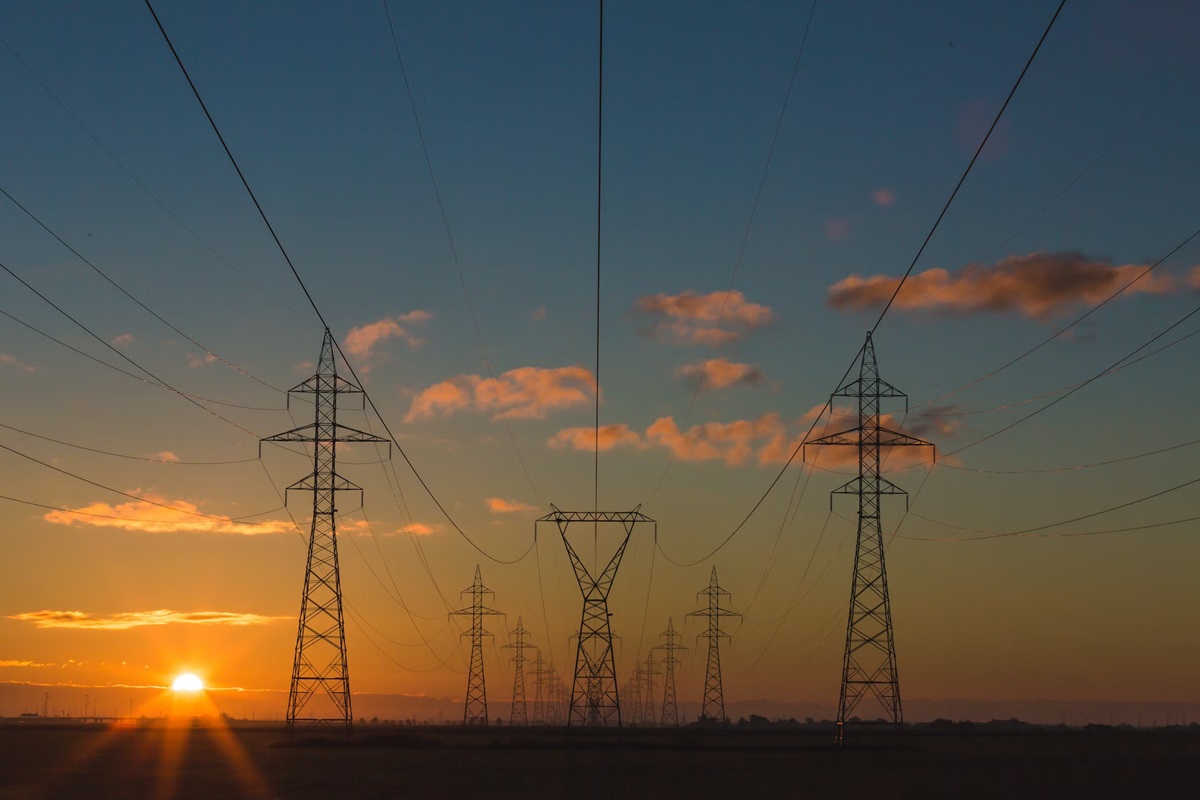Officials from Nepal and India have recently come to an agreement aimed at enhancing electricity trade between the two neighboring nations.
During the 14th meeting of the Joint Technical Team (JTT) under the Joint Steering Committee in New Delhi, an understanding was reached to increase the amount of power exchanged via the Dhalkebar-Muzaffarpur cross-border transmission line. Additionally, they discussed expediting the construction of other cross-border lines to boost power trade.
Advertisement
In 2016, Indian Prime Minister Narendra Modi and his Nepalese counterpart at the time, KP Sharma Oli, inaugurated the 140 km Muzaffarpur-Dalkebar power transmission line. This transmission line serves as a critical conduit for electricity trade between Nepal and India. The Power Trading Corporation of Nepal Limited (PTCNL) was established in 2012 with the goal of constructing a 400 KV transmission line connecting Dhalkebar-Muzaffarpur from the Nepali side.
Sandeep Kumra Dev, a joint secretary at the Ministry of Energy, Water Resources, and Irrigation, stated that the understanding will come into action once it receives endorsement during the next Joint Steering Committee meeting.
More on the Nepal and India deal:
The Dhalkebar-Muzaffarpur transmission line’s capacity will be able to transmit up to 1,000MW of power. This is a significant upgrade from the previous 800MW limit. India had previously permitted Nepal to export up to 562.6MW through this power line. They exported the remainder via other cross-border power lines.
Furthermore, the two nations have agreed that Nepal can utilize the spare capacity of the 400kV Dhalkebar-Sitamarhi cross-border facility. It is currently under construction by the SJVN Arun-3 Power Development Company. Additionally, they have decided to expedite the construction of the 400kV Dodhara-Bareilly cross-border line, aiming for its completion by 2028-29.
This agreement sets the stage for greater cooperation in the power sector. It encompasses the development of transmission interconnections, grid connectivity, power exchange, and trading. This collaboration will involve governmental, public, and private enterprises from both countries, working together on mutually acceptable terms.











